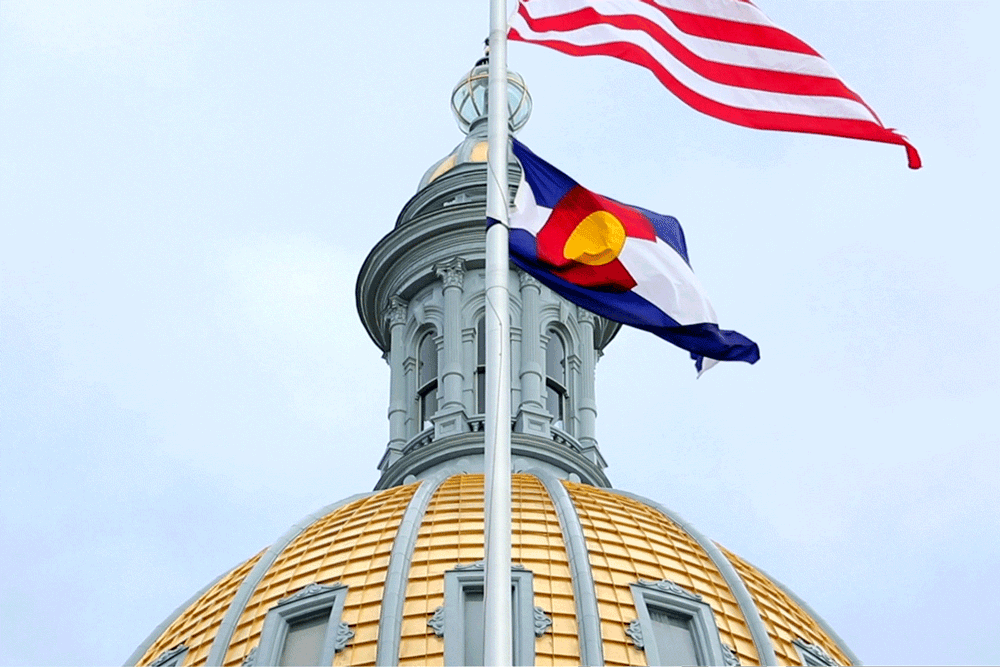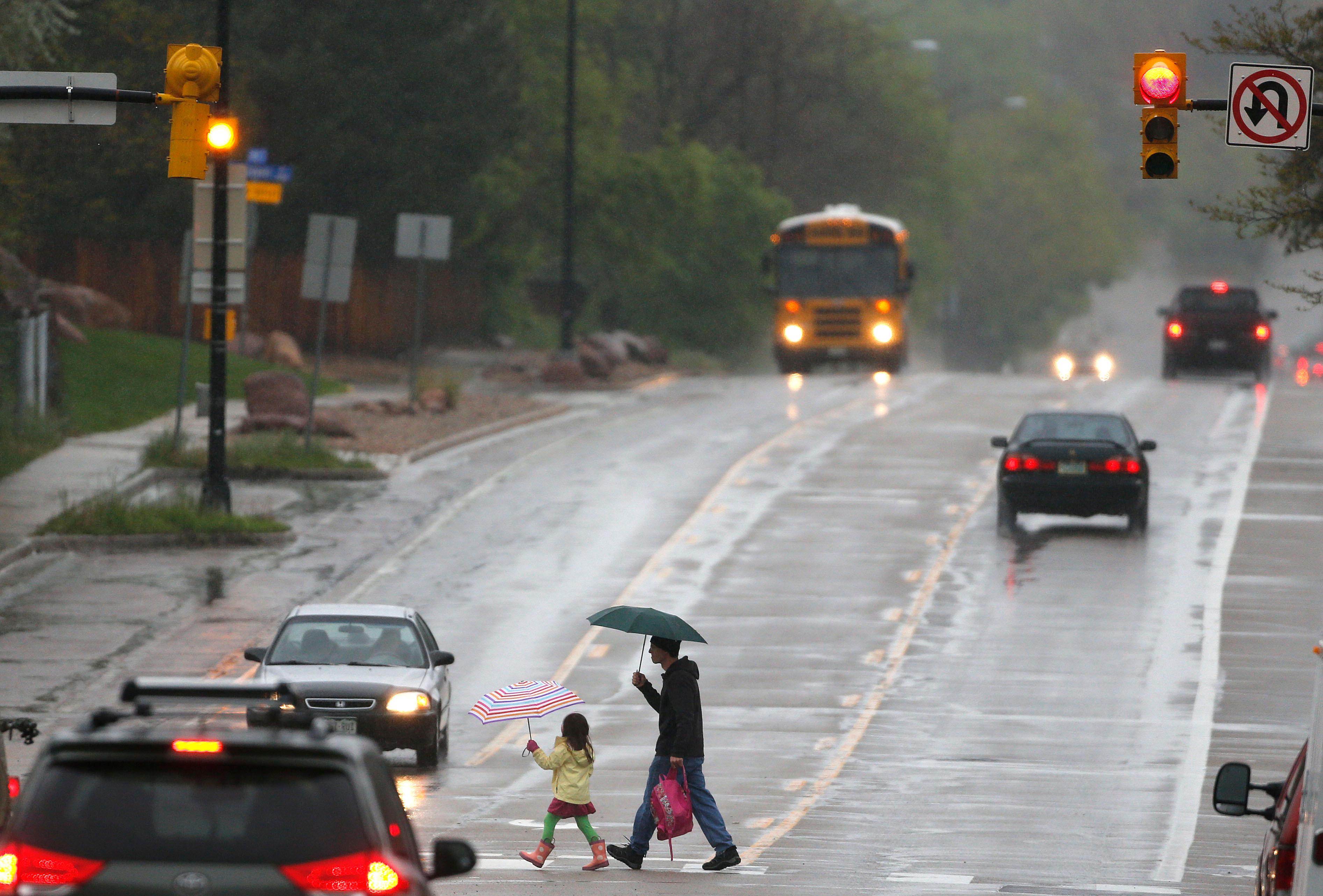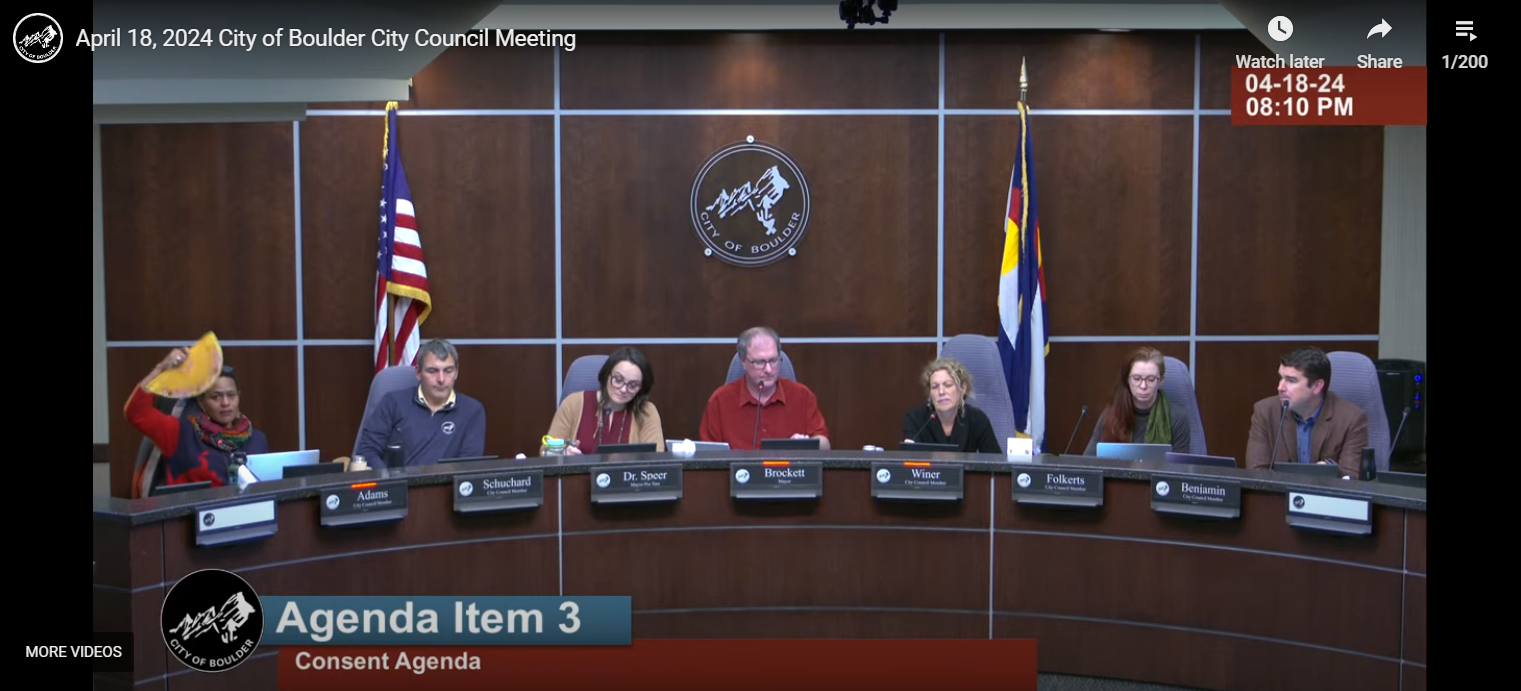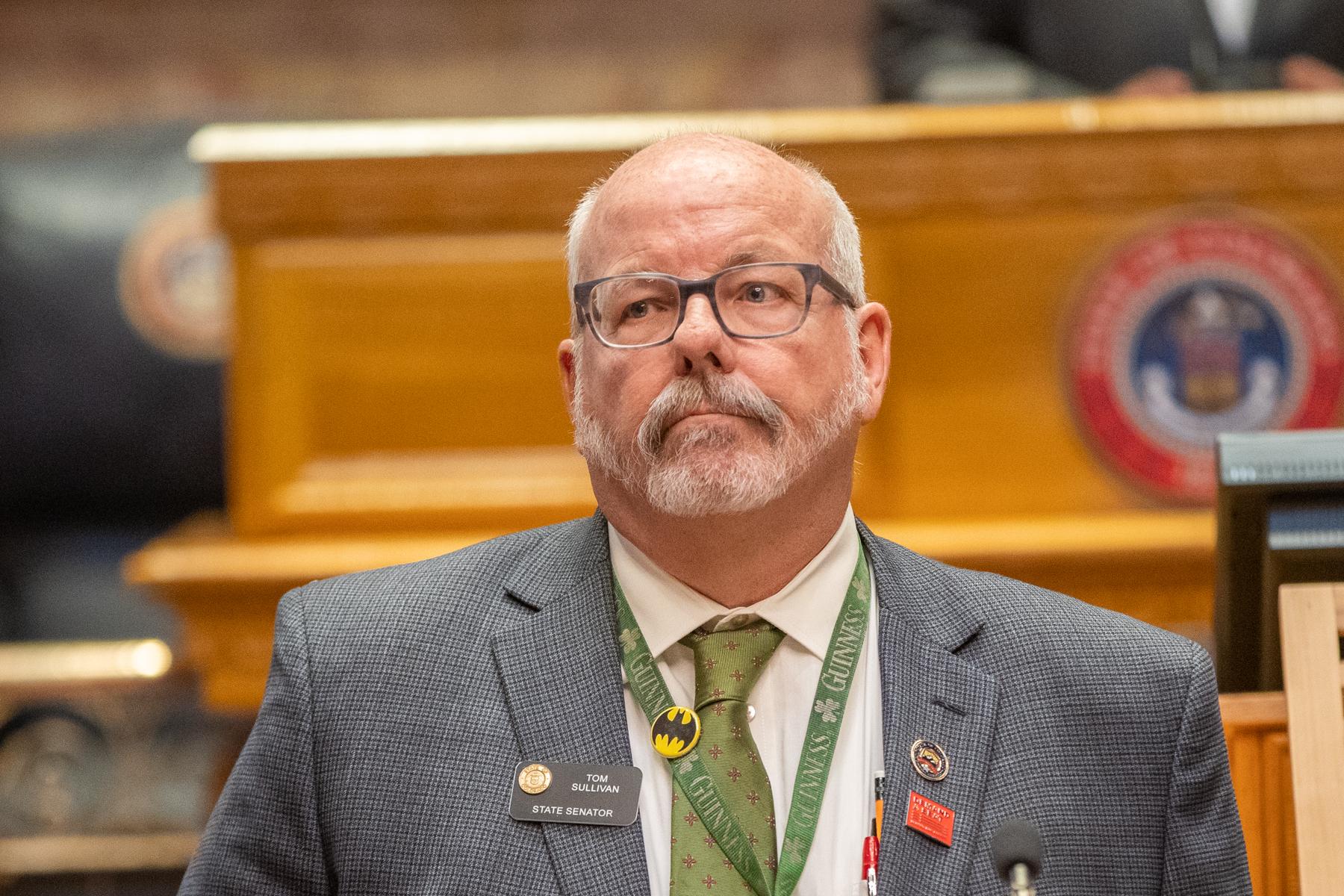
Colorado Democrats are abandoning a bill that would have offered paid family and medical leave for workers.
"After years of coming to the table and negotiating and compromising, we really just said, 'enough is enough. We can’t afford to wait any longer,' " said Sen. Faith Winter, who has worked on the legislation for years. "We just can't take any more excuses.”
Instead, sponsors of the bill will endorse a ballot initiative that would put a similar proposal before voters this November.
The paid leave bill had morphed through several versions as Winter and her co-sponsors tried to navigate political cross-currents, including Gov. Jared Polis' opposition to creating a major new state program.
The original plan was to create a public program, funded by fees on employers and employees, that would pay for workers' leave when they needed it for pregnancy, illness and other cause.
After Polis indicated he didn't support that idea, they instead considered a "private model" that would require employers to provide the leave themselves, perhaps through insurance. Some advocates objected, saying a public program would be more predictable and equitable.
The lawmakers said they reached out for "direct negotiations" with business interests.
Rep. Matt Gray, a co-sponsor, said that business community representatives "walked away" from those negotiations in recent weeks.
"We weren’t willing to compromise our values to pass something that was inadequate," he said. "We're confident in putting this decision in the hands of voters."
Kelly Brough, president of the Denver Metro Chamber of Commerce, said that business interests didn't stop negotiating. When the sponsors returned to discussion of a public model, Brough said she pointed out "flaws and challenges," but kept talking.
Rep. Gray said that by "walking away," he meant that business interests "couldn't agree" to action in 2020.
Loren Furman, a senior vice president for the Colorado Chamber of Commerce, said that wasn't accurate. "We said the timing right now is really bad, and we were suggesting smaller versions of a program," Furman. "We said that to try to push a comprehensive bill (in a disrupted legislative session) is almost impossible."
Ultimately, Gray said that the sponsors decided it wasn't worthwhile to "have a really difficult fight" at the Capitol, especially with coronavirus and budget cuts crowding out most other issues.
With the legislative proposal abandoned, the sponsors, also including Rep. Yadira Caraveo and Sen. Dominick Moreno, will put their force behind the Colorado Families First campaign. CFF is pushing a "public model" proposal to the ballot for November 2020.
The group has filed ballot language for different versions of the bill, but the central concept is the same: The state would collect a fee of up to about 1% of each employee's wages, with employers covering some or all of that cost. That money would be used to pay employees when they need to take leave.
The proposals included between 12 and 16 weeks of paid leave for qualifying events.
"We feel confident we can get on the ballot, and we still are seeing our polling perform strongly," said campaign spokesperson Lynea Hansen.
The Denver Metro Chamber of Commerce has challenged the initiatives before the Colorado Supreme Court, arguing that the fees would really be taxes, which would require the ballots to include explicit language about taxes being raised.
Brough said it's the wrong time to put more costs on small businesses.
"What you’re reminded (during the pandemic) is their margins are small, often, and they don’t have a lot of additional resources," she said.
The proposed program would start collecting fees in 2023 and offer paid leave in 2024. Gray argued that having paid leave in place now would have eased the pandemic by making it easier for sick people to stay at home.
"If we had done this years ago, when Sen. Winter and I started asking people to, we would have a pool of resources right now to offset the exact problem we have right now," he said.
The initiative campaign hopes to start collecting signatures in the coming weeks to qualify for the ballot. Petition gatherers will wear masks and gloves, and they'll carry single-use pens and sanitizing products.
Colorado Families First says it has $500,000 in funding from a national liberal nonprofit. Sixteen Thirty Fund, a liberal nonprofit that previously spent more than $10 million to support ballot measure campaigns and Democratic candidates in Colorado in 2018, according to finance records.









